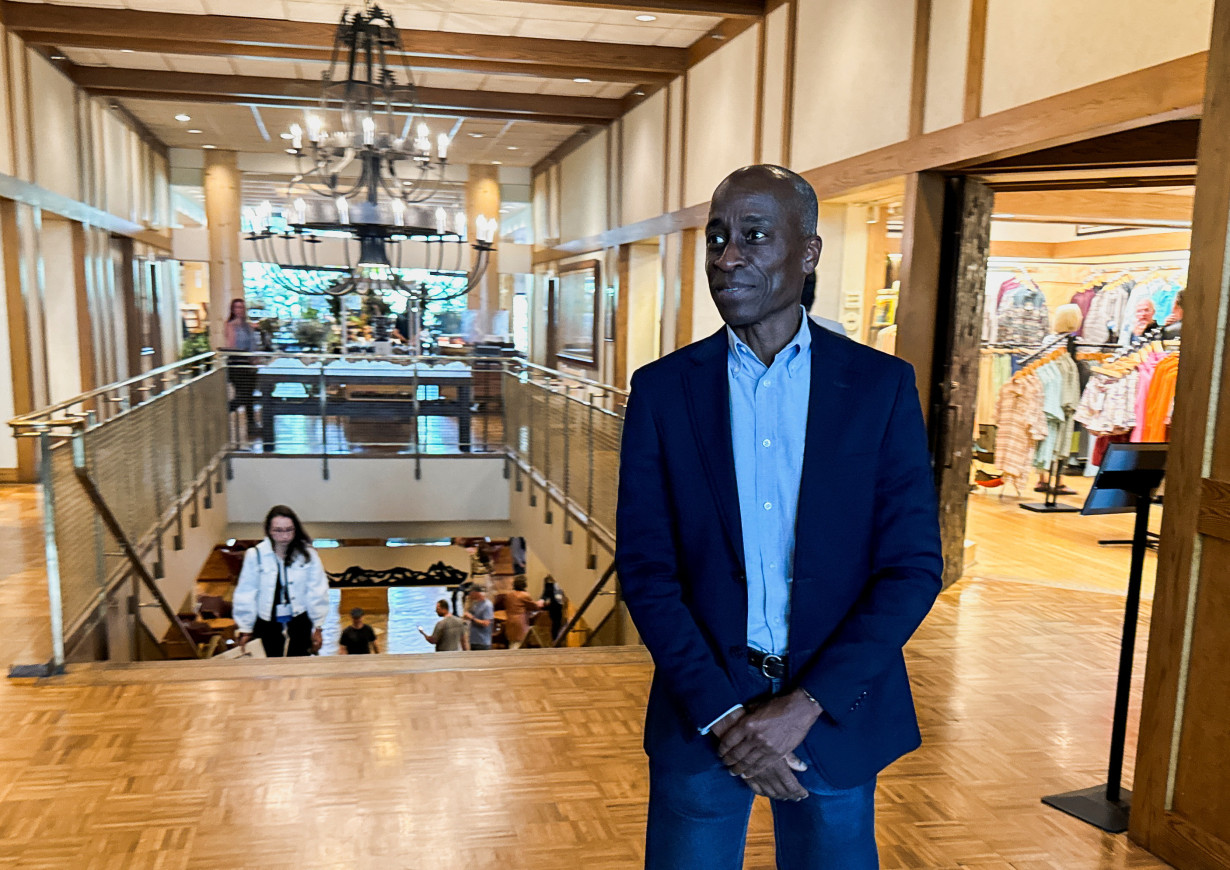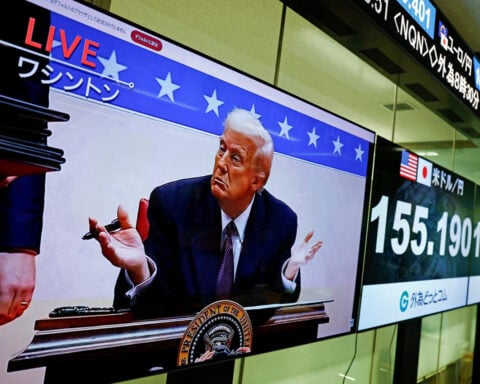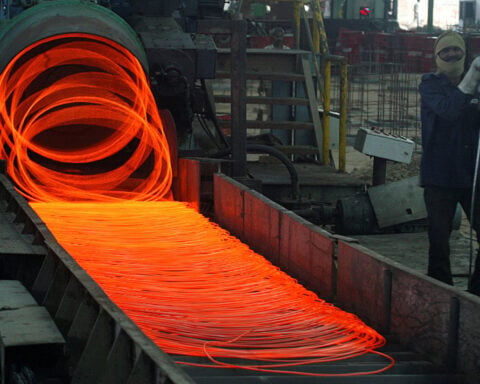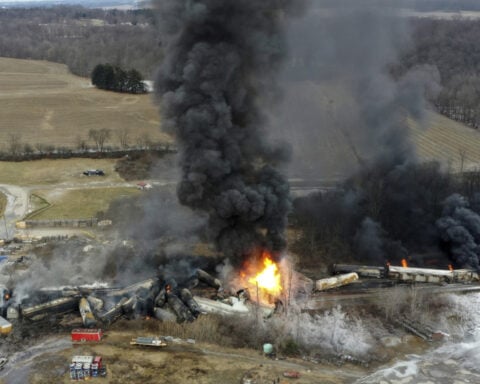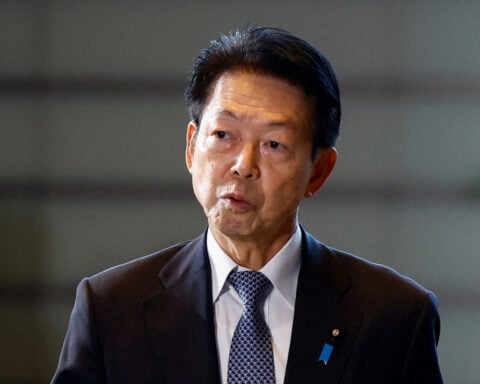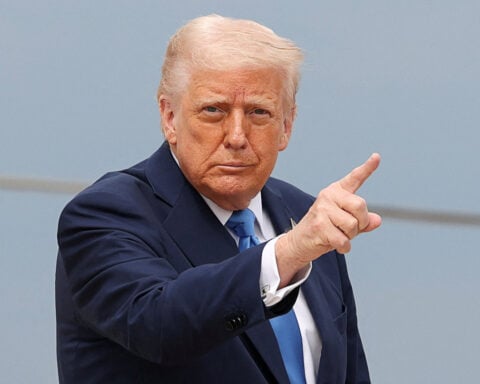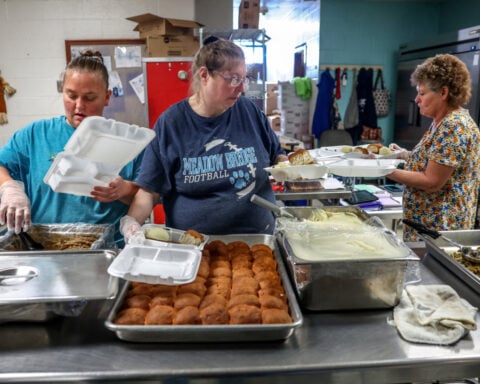By Michael S. Derby
(Reuters) - Federal Reserve Vice Chairman Philip Jefferson said on Wednesday the U.S. central bank has time to weigh its next monetary policy move, citing a robust economy and still above target inflation.
“The performance of the U.S. economy has been quite strong overall,” Jefferson said in the text of a speech to be delivered at a gathering at Vassar College. He said the job market is in “a solid position” while noting inflation has come down quite a bit while remaining elevated relative to the central bank’s 2% target.
Jefferson said “bumpy” progress back to the target was likely following a percentage point’s worth of rate cuts last year. “I believe that, with a strong economy and a solid labor market, we can take our time to assess the incoming data to make any further adjustments to our policy rate,” Jefferson said.
The official said he viewed current monetary policy as “restrictive” with the federal funds target rate range, the Fed’s chief lever to influence the economy, set between 4.25% and 4.5%.
Jefferson spoke after the Fed released the minutes from its late January Federal Open Market Committee meeting, where officials held rates steady. Policymakers have been hesitant to provide guidance on the rate outlook while inflation remains high and considerable uncertainty remains about President Donald Trump’s economic agenda.
Many private forecasters worry Trump’s policies will drive up inflation through tariffs and deportation of undocumented workers. Uncertainty itself is also seen as a brake on forward economic momentum.
Much of Jefferson’s speech was devoted to the state of household balance sheets.
“Generally, households appear to be in a good position: Asset holdings are high across the income distribution, driven by high house and equity prices, and debt levels are subdued,” Jefferson said.
But he added some households “appear to be stretched” with lower credit score households facing challenges, in part from smaller financial buffers. He added, “certain groups of households may have a hard time weathering unexpected costs or economic shocks.”
(Reporting by Michael S. Derby; Editing by David Gregorio)

 Trump has begun another trade war. Here's a timeline of how we got here
Trump has begun another trade war. Here's a timeline of how we got here
 Canada's leader laments lost friendship with US in town that sheltered stranded Americans after 9/11
Canada's leader laments lost friendship with US in town that sheltered stranded Americans after 9/11
 Chinese EV giant BYD's fourth-quarter profit leaps 73%
Chinese EV giant BYD's fourth-quarter profit leaps 73%
 You're an American in another land? Prepare to talk about the why and how of Trump 2.0
You're an American in another land? Prepare to talk about the why and how of Trump 2.0
 Chalk talk: Star power, top teams and No. 5 seeds headline the women's March Madness Sweet 16
Chalk talk: Star power, top teams and No. 5 seeds headline the women's March Madness Sweet 16
 Purdue returns to Sweet 16 with 76-62 win over McNeese in March Madness
Purdue returns to Sweet 16 with 76-62 win over McNeese in March Madness
